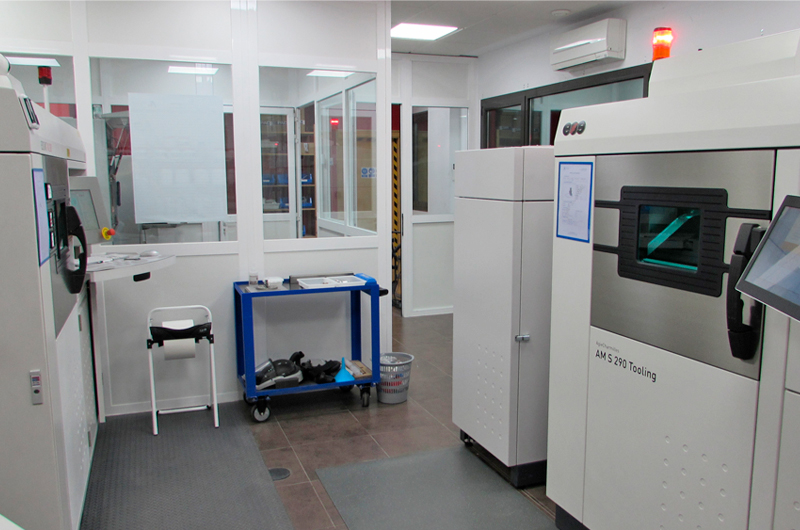
Polymers engineering
Polymers engineering Polymers engineering is the study and application of polymer materials to create products that are useful and tailored to specific needs. It involves the manipulation of polymer properties to design components and systems that meet desired requirements.
Polymers engineering.
Polymer engineering is a multifaceted field that integrates various scientific disciplines to design, create, and optimize polymeric materials for a wide range of applications. This interdisciplinary approach combines knowledge from chemistry, physics, mathematics, biology, and engineering to develop innovative materials with tailored properties.
Key aspects of polymer engineering include:
- Material Design and Synthesis: Polymer engineers focus on designing and synthesizing polymeric materials with specific characteristics. This involves creating polymers with desired properties such as strength, flexibility, durability, and thermal stability.
- Processing Techniques: Understanding and optimizing the processing techniques is crucial in polymer engineering. This includes methods like extrusion, injection molding, blow molding, and other processes to shape polymers into useful products.
- Application-specific Development: Polymer engineers tailor materials for specific applications, such as medical devices, automotive components, electronic devices, and packaging materials. The goal is to meet the unique requirements of each application.
- Research and Development: Continuous research and development efforts are essential in polymer engineering. This involves exploring new materials, improving existing ones, and discovering novel processing techniques to enhance performance and efficiency.
- Polymer Modification: Engineers work on modifying existing polymers to improve their properties or to make them suitable for new applications. This may involve adding additives, fillers, or altering the polymer’s molecular structure.
- Fundamental Understanding: Polymer engineers need a deep understanding of polymer chemistry, physics, and engineering principles. This knowledge is crucial for designing materials with specific molecular structures and optimizing processing conditions.
- Environmental and Safety Considerations: Considering environmental and safety aspects is integral to polymer engineering. Engineers must be aware of potential environmental impacts and safety hazards associated with the production and use of polymeric materials.
- Quality Control: Rigorous quality control measures are implemented to ensure that polymeric products meet specified standards and exhibit consistent properties. This involves thorough testing and characterization of materials.
- Life Cycle Analysis: Assessing the environmental impact of polymeric products throughout their life cycle is becoming increasingly important. Polymer engineers may evaluate factors such as resource consumption, energy use, and recyclability.
Polymer engineering plays a pivotal role in creating advanced materials that contribute to various industries and technologies. As technology advances, polymer engineers continue to explore new possibilities, ensuring that polymeric materials meet the evolving demands of modern applications.




